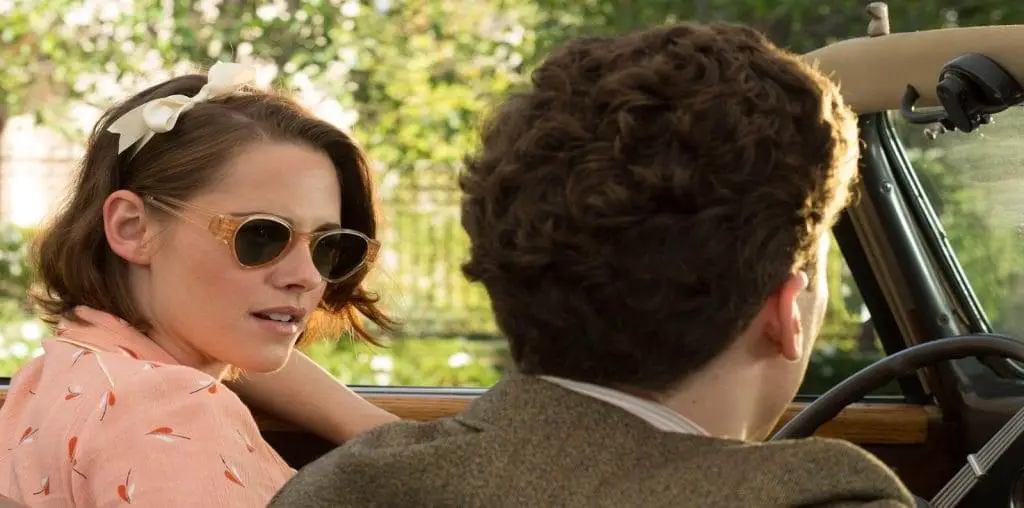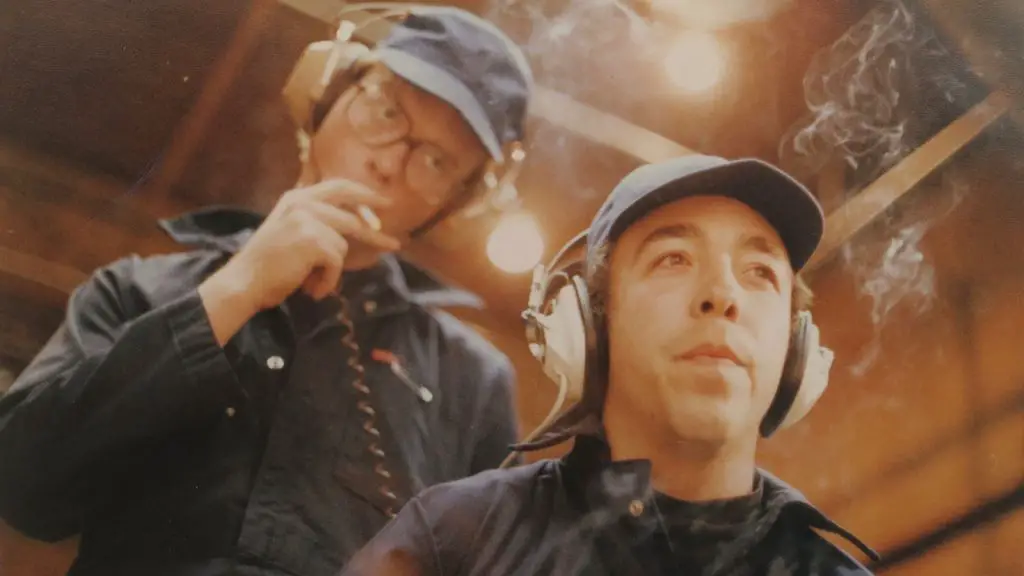
In 1994, the body of South Carolina college student Jennifer Matthews was discovered in her burned out apartment. An autopsy conducted by local authorities determined that, though she had been burned almost beyond recognition, there was no evidence of smoke in her lungs. The case remains open to this day.
“Among Brothers” is a fictional representation of the events that might have led to the girl’s death. The original story was put together by Jennifer’s older brother Tom and adapted by writer/director John Schwert, who – in a tale that should sound familiar to indie filmmakers everywhere – took out a second mortgage on his home and maxed his credit cards out to get the film made. Names and events have been changed, but the salient details of Jennifer’s death remain.
In the film, Jennifer makes the acquaintance of a fellow student named Ethan (Matt Mercer). The two meet for a few study dates, and he helps her extricate herself from an uncomfortable encounter with one of her professors. It all seems pleasant enough, but when Ethan expresses his desire to take things to the next level at his fraternity’s spring formal, Jennifer maintains they should stay friends. His romantic overtures spurned, Ethan gets drunk, and then heads over to her place. Events quickly get out of hand, and Ethan kills her. He insists, to his fraternity brothers Miles (Corey Cicci) and Billy (Daniel J. Watts), that it was an accident. The bruises on Jennifer’s body suggest otherwise, however, and the three decide to cover up the crime by torching the house.
One of the things that works best in “Among Brothers” is the relatively innocuous lead-up to the crime itself. Ethan is a pretty easy-going guy, much more so than the amoral Miles or Billy, whose character is never really fleshed out. The film could probably benefit from a little tightening up during these scenes, but the end result is generally effective. The murder itself is only hinted at until the end, though Schwert gives us flashes of the crime throughout, making for some uneasy moments.
By focusing less on Jennifer and more on the three men attempting to maintain the cover-up, Schwert places a lot of faith in his cast. For the most part, it’s a good choice. Mercer is especially believable as Ethan, who manages to bring sympathy to a character most people would have little trouble sending to the gas chamber. It’s his performance, as well as Schwert’s ability to convey the guilt and panic felt by those responsible as the authorities close in, that keeps “Among Brothers” from becoming maudlin or preachy. It’s currently making the rounds at film festivals and is worth a look.

